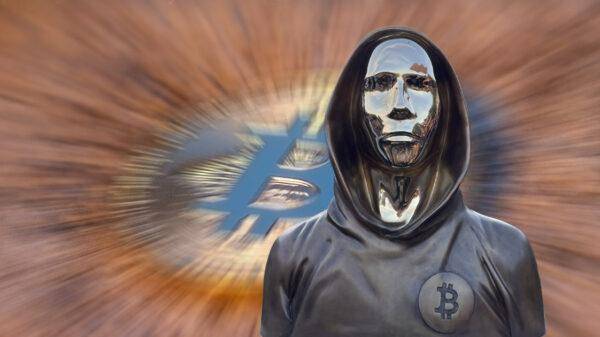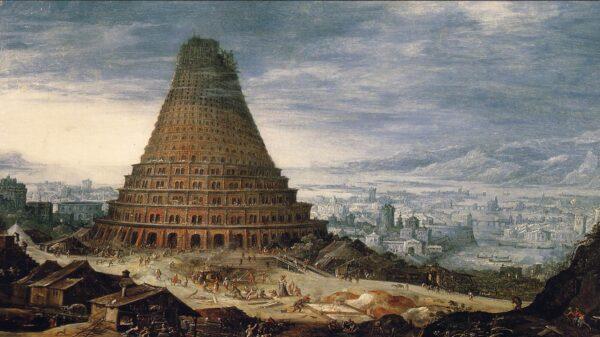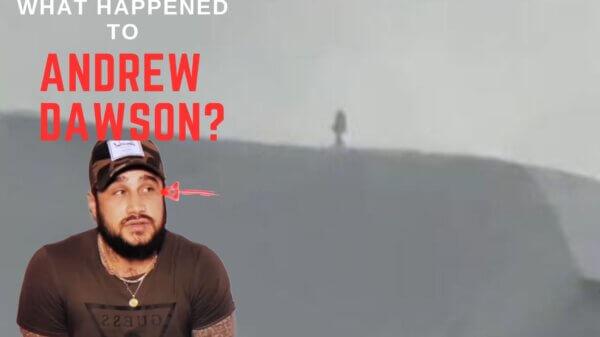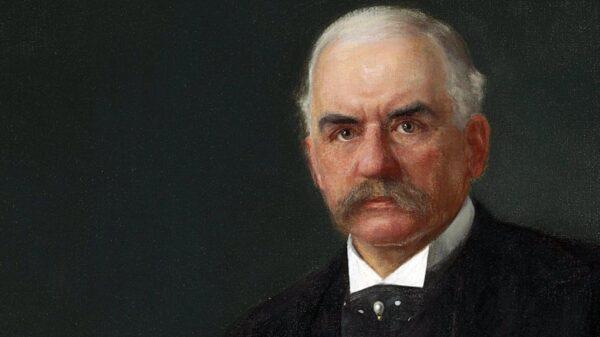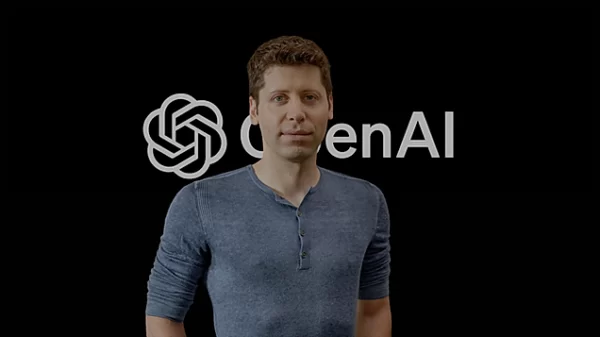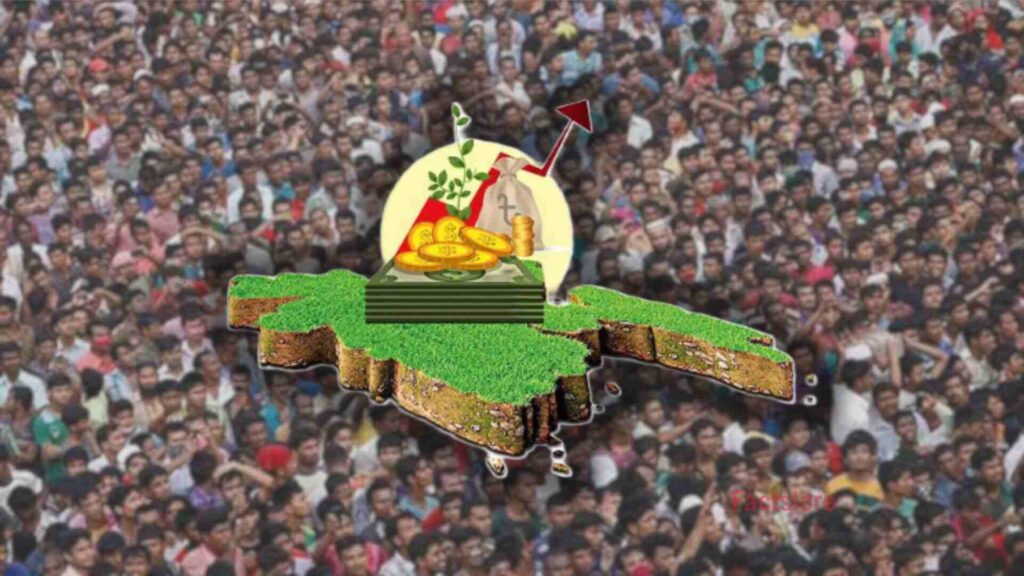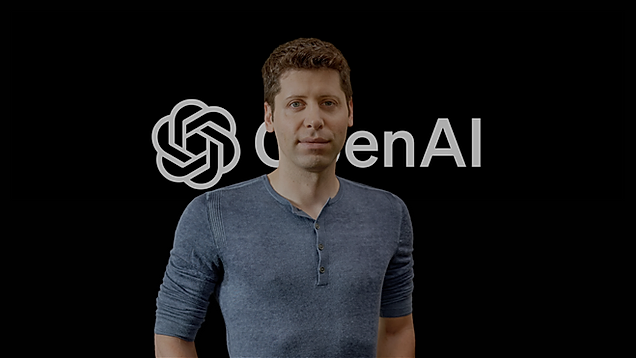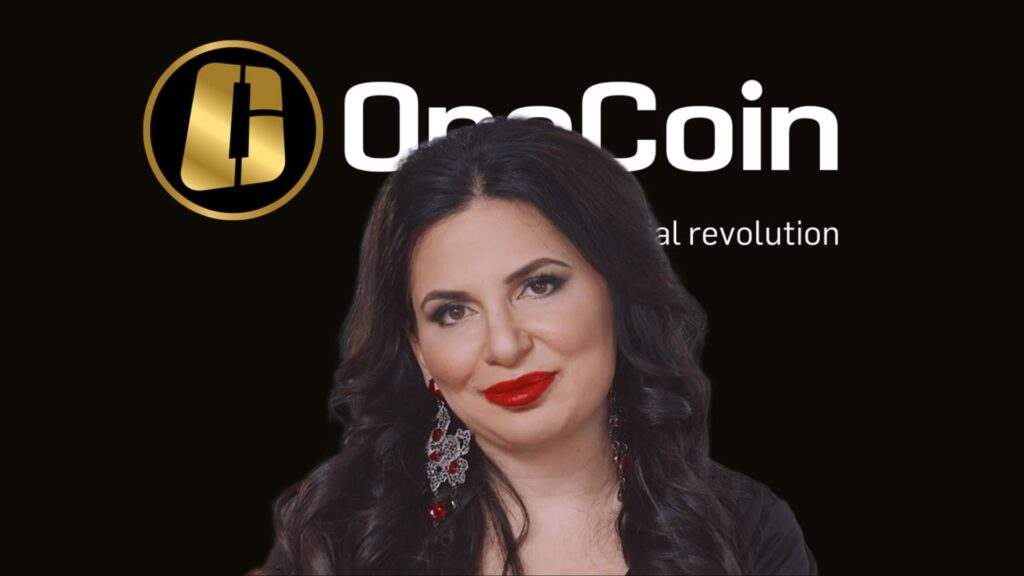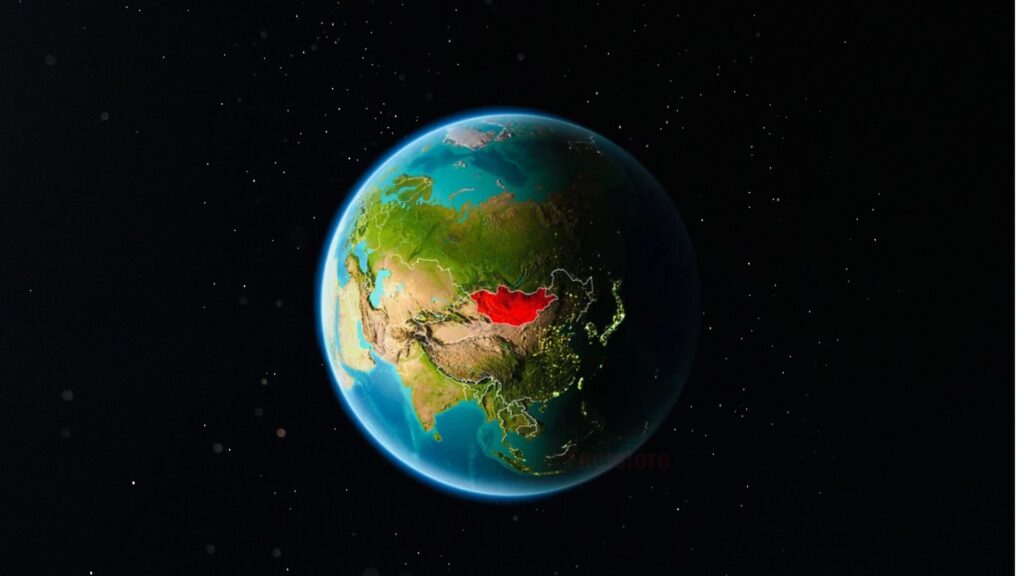Pablo Escobar, once hailed as the King of Cocaine, dominated the cocaine trade in the 1980s and early 1990s. With an estimated net worth of $30 billion dollars (equivalent to $70 billion as of 2022), his power and influence were unparalleled. However, after his demise in 1993, his vast fortune vanished, leaving behind a captivating enigma.
Before his death, his riches and fortune were so vast that even today, we still can’t quite comprehend just how much this man had. So, what really happened? How did one man amass so much, and where did it all end up after he passed away? This is a deep dive into the intriguing mystery of what happened to Pablo Escobar’s billion dollars fortune. Discover the fascinating stories, rumors, and theories behind the disappearance of the world’s richest drug lord.
Early Life: From Poverty to Criminality
Pablo Emilio Escobar Gaviria was born on December 1st, 1949, in Rionegro, Colombia. His early life was marked by poverty and deprivation. Struggling to make ends meet, Escobar dropped out of school and found himself immersed in the harsh realities of street life. The world of crime soon beckoned him, and he turned to petty theft and street hustling to survive. His activities involved stealing cars, which he then sold to smugglers operating across neighboring borders.
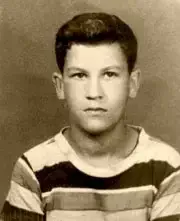
Escobar quickly realized that his future did not lie in petty theft. He recognized that the real wealth resided in the drug trade, particularly in narcotics like marijuana and cocaine. It was during the 1970s that Escobar embarked on his journey within drug circles. His talents were quickly noticed, and he became associated with the notorious Medellin Cartel, a group of Colombian smugglers. Within a remarkably short span, Escobar rose through the ranks and emerged as one of the cartel’s most successful and ruthless members.
The early 1980s witnessed an unprecedented surge in the demand for cocaine, particularly in the United States. Society was immersed in a decade of indulgence, and drug usage, specifically cocaine, reached staggering heights. Seizing the opportunity, Escobar and the Medellin Cartel positioned themselves as the primary suppliers of the drug. They controlled every facet of the trade, from production and transportation to distribution and sales. Escobar’s wealth and power burgeoned rapidly, solidifying his legendary status as the King of Cocaine.
The Dark Side of Power
Pablo Escobar’s rise to fortune and power came at a tremendous cost to those who crossed his path. In his pursuit of protecting his empire and maintaining control over the drug trade, Escobar employed ruthless measures, including bribery, intimidation, violence, and murder. Anyone who posed a direct threat to his interests, including rival drug lords, law enforcement officials, and government personnel, faced the grim fate of his orders. To stay ahead of his enemies, Escobar established an extensive network of spies and informants, ensuring that he remained vigilant against potential threats.
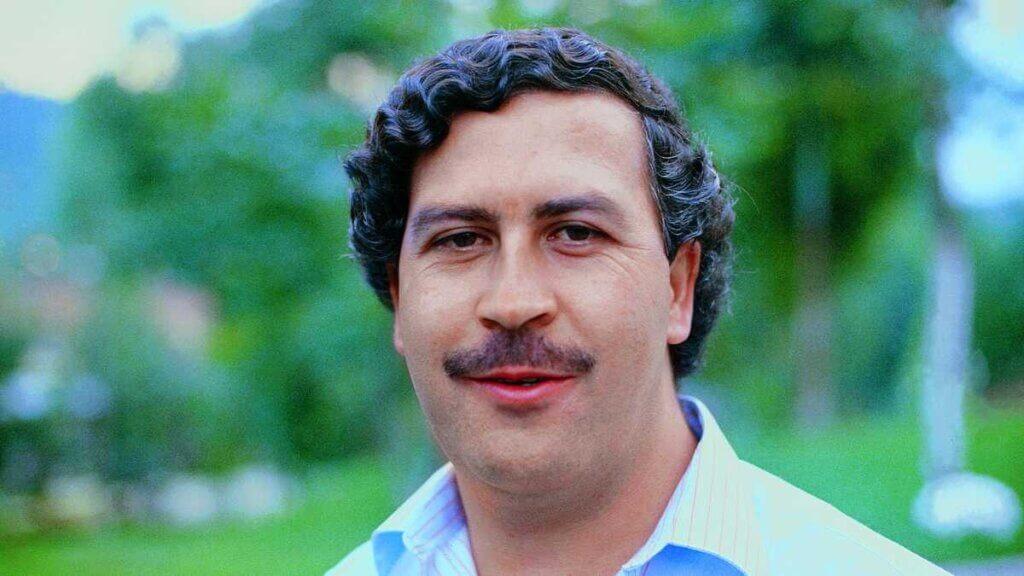
Don Pablo orchestrated a sustained campaign of terror against the government, employing tactics such as bombings, kidnappings, and assassinations. Simultaneously, he cleverly maneuvered a massive public relations campaign to portray himself as a hero and philanthropist. Behind the scenes, Escobar’s brutal reputation was counterbalanced by his generosity and philanthropy in Colombia. He constructed schools, hospitals, and churches, and made donations to help the impoverished. However, his criminal activities always overshadowed his acts of charity, and his true nature as a criminal mastermind prevailed. Despite his paradoxical image, Pablo Escobar cemented his position as one of the most powerful men in the country.
Contrary to popular belief, Pablo Escobar’s influence extended beyond drug trafficking. He was a master of money laundering and accumulated an immense fortune during his reign. Among his notorious methods was the strategic investment in real estate. Escobar acquired vast stretches of land, constructing luxurious properties that he rented out or sold to wealthy clients. His cunning as a drug lord was matched by his entrepreneurial skills, leaving few avenues unexplored.
The Elusive Nature of Wealth
To evade detection by law enforcement, Escobar frequently registered properties under the names of family members or associates. This tactic made it challenging to trace his assets. Additionally, he relied on the anonymity offered by shell companies established in offshore tax havens, where regulations were lax, and true ownership could be concealed.
Perhaps the most notorious method employed by Escobar to launder his money was the black market peso exchange. This intricate scheme involved trading drug money for pesos through a network of brokers and currency traders. The brokers utilized the drug proceeds to purchase goods from legitimate businesses in the United States, which were then shipped to Colombia for sale on the black market. The resulting pesos could be reinvested in the drug trade or used to acquire additional assets.
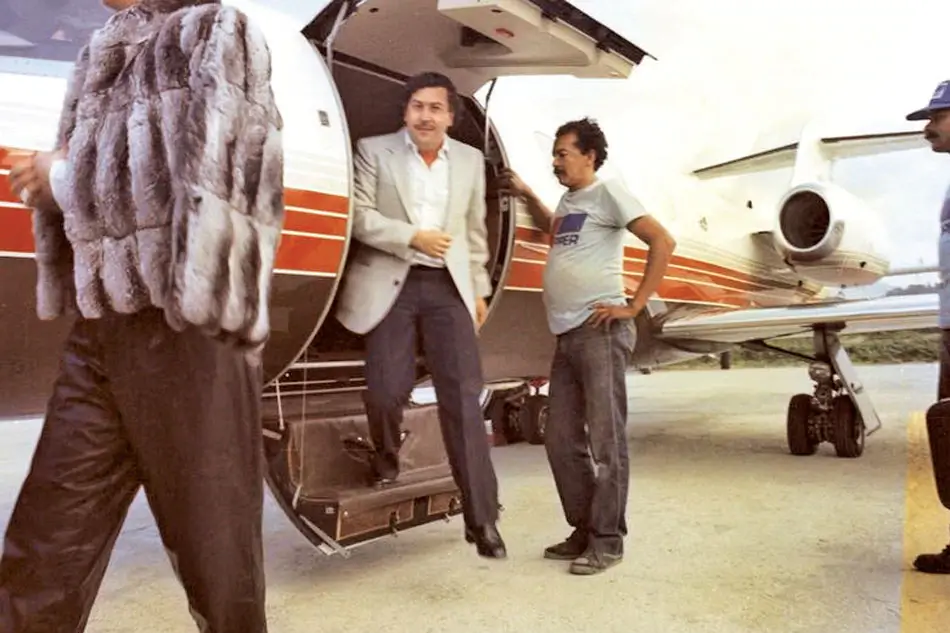
During the pinnacle of his career and reign, he amassed a staggering fortune of more than $400 million per week. Not per month or per year, but every single week. His possessions spanned the globe, encompassing opulent mansions in Miami Beach and a secluded private island in the Bahamas. In addition, he possessed an array of aircraft, boats, and automobiles, accompanied by an extensive collection of art and jewelry. Whatever one could conceive in terms of luxury and wealth, Don Pablo likely possessed it in multiples.
Throughout his powerful reign, Escobar maintained a shroud of secrecy around his finances. He rarely documented his transactions or disclosed actual figures to his confidants. Consequently, speculation persists that a significant portion of his wealth remains concealed or lost over time. The lack of transparency surrounding his finances adds intrigue to the legacy of this notorious figure.
Government’s Battle against a Drug Empire
As Escobar’s drug empire grew exponentially, the Colombian government found itself compelled to take a stand against him. Numerous attempts were made to capture him, but he consistently eluded their grasp, outmaneuvering their efforts. Escobar’s ability to stay one step ahead of the authorities stemmed from his vast network of influence. With politicians and law enforcement officials under his sway, he wielded immense power, making it nearly impossible to bring him to justice.
Legend has it that during the early days of his drug empire, Escobar resorted to burning stacks of cash to keep warm while hiding in the mountains. The tale suggests that his wealth was so overwhelming that burning money became a practical way to combat the frigid climate. Although concrete evidence supporting this story is lacking, considering Escobar’s extravagant spending habits and his unyielding desire to maintain his influence, the notion seems plausible.
Escobar’s Downfall The Mysterious Demise
Despite Escobar’s ability to evade capture for years, his criminal activities eventually caught up with him. In the 1990s, both the Colombian government and the United States joined forces to intensify their pursuit of the drug lord. Operation Search Block, an extensive and meticulously planned endeavor, involved months of surveillance and collaboration between the two nations. The combined efforts led to a massive manhunt for Escobar, ultimately culminating in his demise and marking the end of his reign as the kingpin of the cocaine trade.
On December 2nd, 1993, Escobar met a violent end when Colombian authorities shot and killed him. However, the circumstances surrounding his death remain steeped in controversy and conspiracy theories. Prior to this fatal event, Escobar lived as a fugitive, seeking refuge in various safe houses scattered across Colombia. A Joint Task Force comprising Colombian national police and U.S. DEA agents relentlessly pursued him for years, ultimately succeeding in their mission.
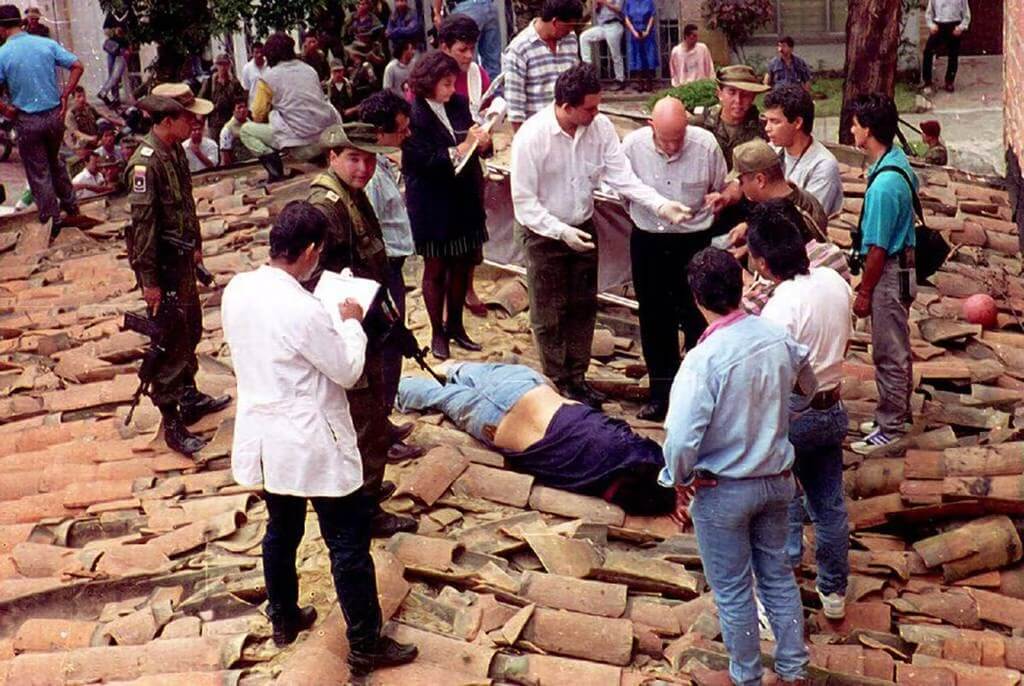
On the day of his death, Escobar was located at a safe house in the middle-class neighborhood of Los Olivos in Manila, Colombia. Colombian authorities, led by the elite Search Block unit, stormed the house and engaged in a fierce gunfight with Escobar and his bodyguards. The details of what happened next are still disputed. According to the official account, Escobar was shot and killed while attempting to escape across the rooftops of nearby buildings. However, some people still believe that he was executed by the authorities or that he committed suicide rather than be captured.
The Collapse of Pablo Escobar’s Criminal Empire
After he was finally taken down, it was like cutting off the hand of a Hydra. The beast was still there, but it had lost its leader, and it began to thrash around in confusion and despair. The empire that had once been so powerful began to crumble from within, like a sandcastle at high tide. No one could fill the void left by Pablo’s death, and so the empire fell apart piece by piece until there was nothing left but dust and memories.
In the aftermath of Pablo’s demise, many of his followers and associates faced the wrath of justice as they were arrested or met their demise. The once formidable criminal empire built by Escobar crumbled under the weight of legal action and internal conflicts.
So, what happened to the bits and pieces of the fallen empire? Where on Earth did all the money go? What did the government do with it all, or did they even find it? Well, the short answer is that the fate of Pablo Escobar’s fortune is a complex and intricate puzzle.
Read More – Boris Berezovsky: The Oligarch who Dared to Challenge Putin
The Colombian Government’s Pursuit of Justice
The Colombian government embarked on a massive manhunt, determined to track down Escobar’s assets and dismantle his criminal network once and for all. However, recovering the vast wealth accumulated by Escobar was no easy task. At the peak of his power, Escobar was considered one of the wealthiest individuals globally, with an estimated net worth exceeding $30 billion.
Escobar utilized a sophisticated network of front companies, offshore bank accounts, and loyal confidants to launder his illicit drug profits and conceal them from law enforcement. When the notorious drug lord met his demise in December 1993, a significant portion of his wealth mysteriously evaporated or fell into the hands of rival drug cartels and criminal organizations.
Pablo Escobar’s immense wealth is almost beyond comprehension. Speculation persists regarding the fate of his fortune, with one theory suggesting that his family inherited the wealth. Roberto Escobar, Pablo’s brother, claims to have managed his brother’s assets and states that the family became the beneficiaries following his death. Alternatively, rumors abound of hidden caches scattered throughout the world, waiting to be unearthed. However, the Colombian government denies these allegations, asserting that they seized the majority of his assets. In fact, they initiated an extensive campaign to locate and utilize these assets for funding social programs and infrastructure development within the country.
The Government’s Triumphs and Challenges
Over the years, authorities managed to seize billions of dollars’ worth of assets, including real estate, businesses, and luxury goods. Nonetheless, this endeavor proved far from straightforward. Many of Escobar’s assets were cunningly concealed behind intricate webs of shell companies and legal complexities, making their recovery a formidable task. Furthermore, associates who were privy to crucial information were often reluctant to disclose their secrets. Even when the government succeeded in confiscating assets, the question of how to liquidate multi-million-dollar mansions or a fleet of luxury vehicles posed its own set of challenges.
Pablo Escobar’s reign as a criminal mastermind left an indelible mark on Colombia and the world. Despite the Colombian government’s relentless pursuit of justice, the complete unraveling of Escobar’s vast wealth has proven elusive. As time passes, the remnants of his criminal empire continue to haunt society, a constant reminder of the far-reaching consequences of his actions. The search for closure and resolution regarding the fate of his wealth persists, as does the ongoing battle against the enduring legacy of this infamous figure.

